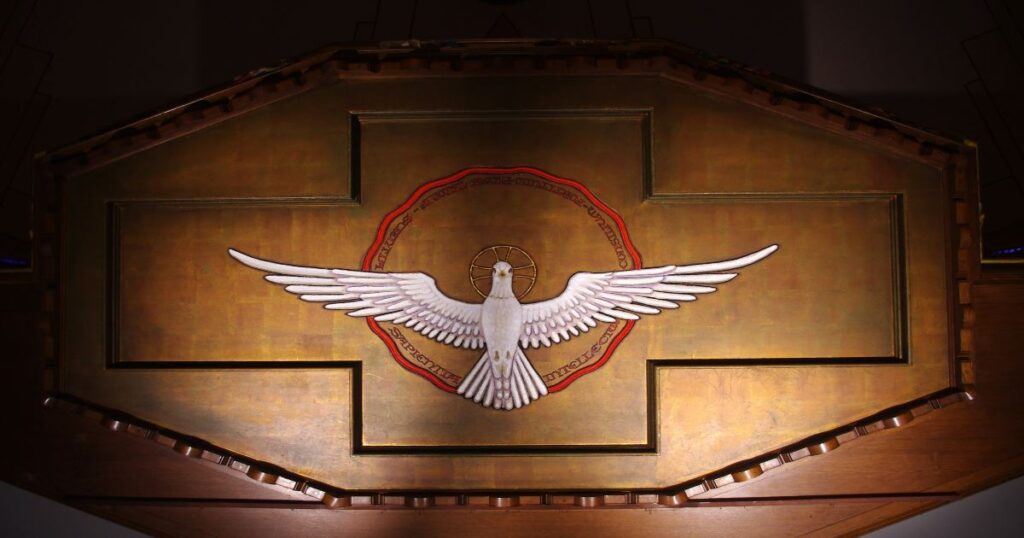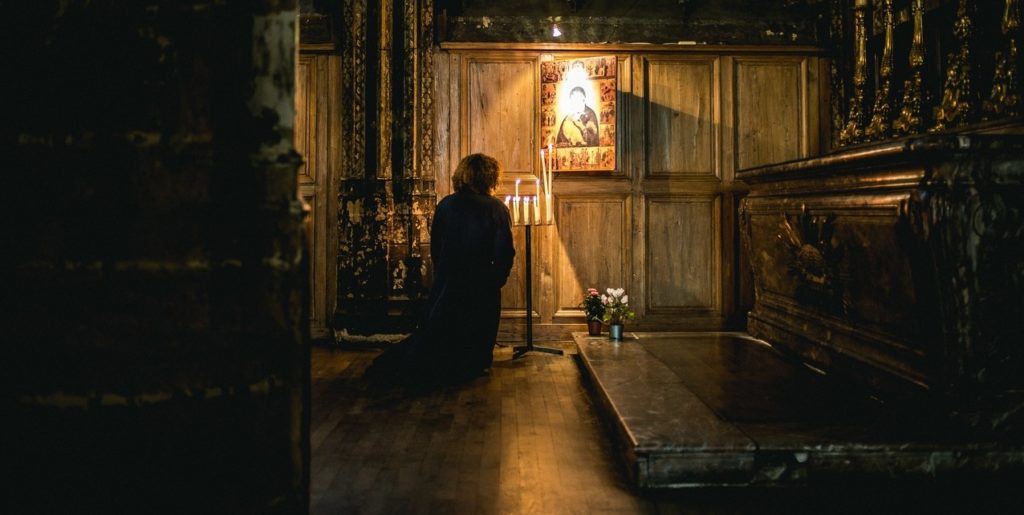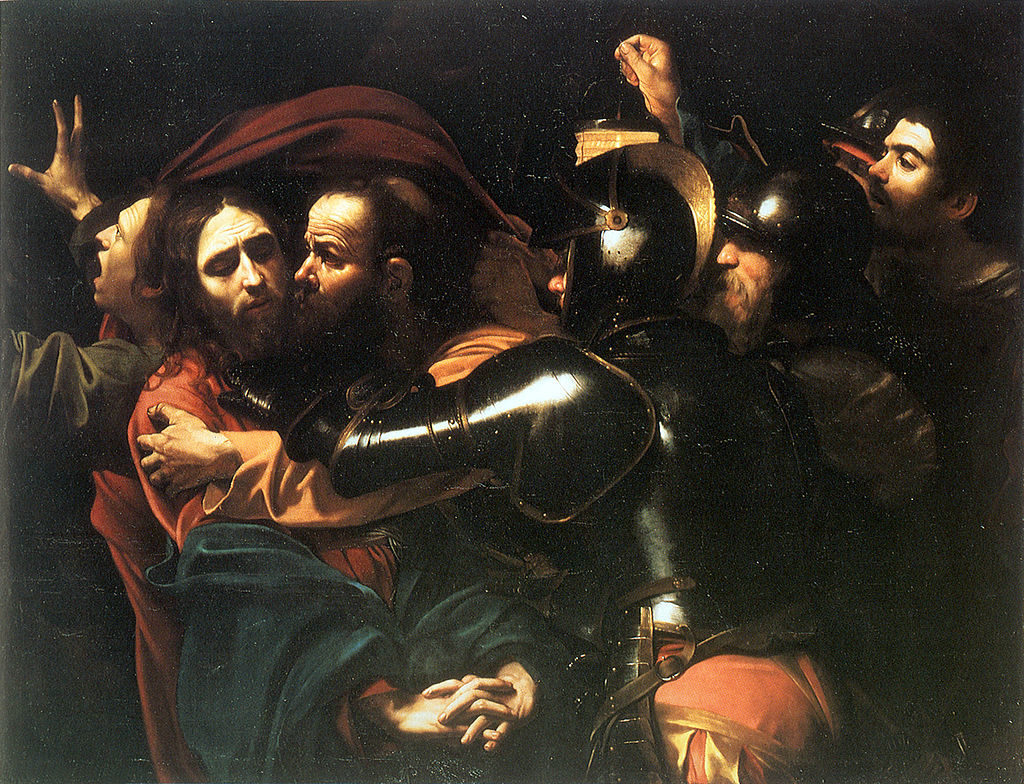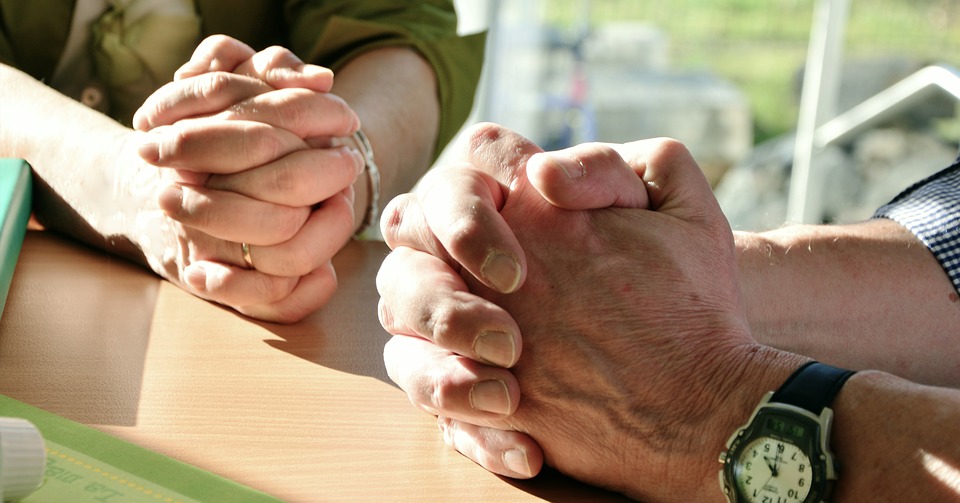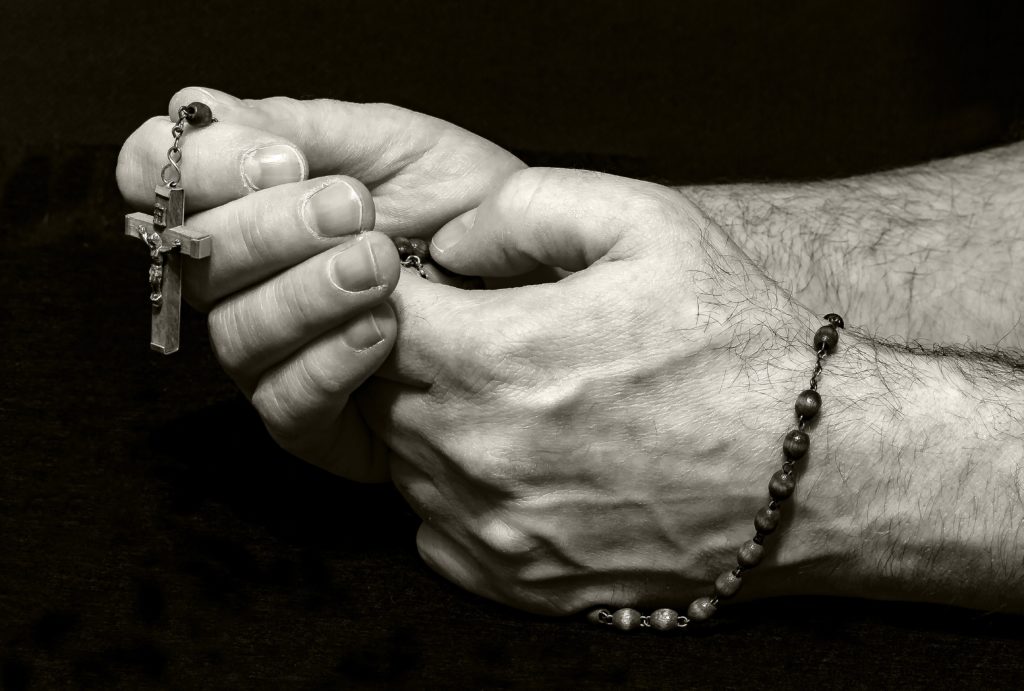Gifts of the Holy Spirit: Understanding
I’m going to explore the next gift of the Holy Spirit — understanding. Understanding is closely related to wisdom as well as knowledge. It shares many of the same attributes as wisdom such as engaging one’s mind. If wisdom is the desire to seek the truth, understanding helps explain the “why” behind those truths. When […]
Gifts of the Holy Spirit: Understanding Read More »

